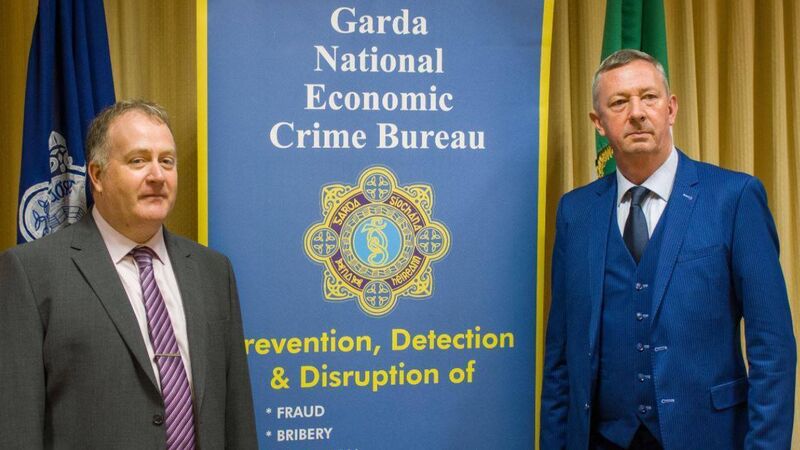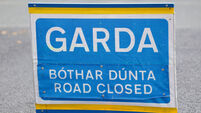€3m lost to fake investment scams in first eight months of 2020

Detective Chief Superintendent Pat Lordan and Detective Superintendent Michael Cryan briefing the media today on the dangers of Investment Fraud:
Garda warn of surge in costly bogus investment opportunities Cormac O’Keeffe Security Correspondent Gardaí are issuing an alert to people about bogus investment opportunities, after a 160% increase in reported incidents this year.
Garda fraud officers estimate that around €4.5 million will be lost this year by people deceived into making investments, such as buying digital currencies, up from €3.35m in losses last year.











